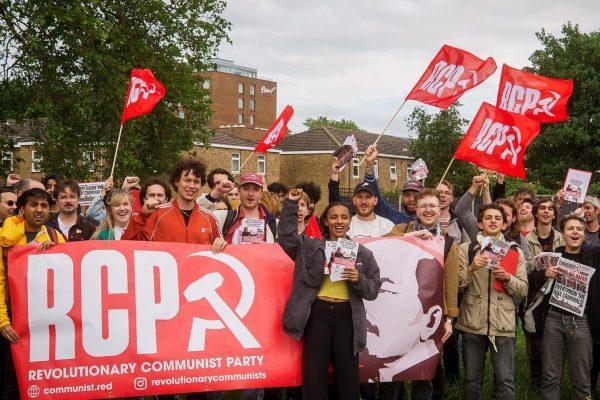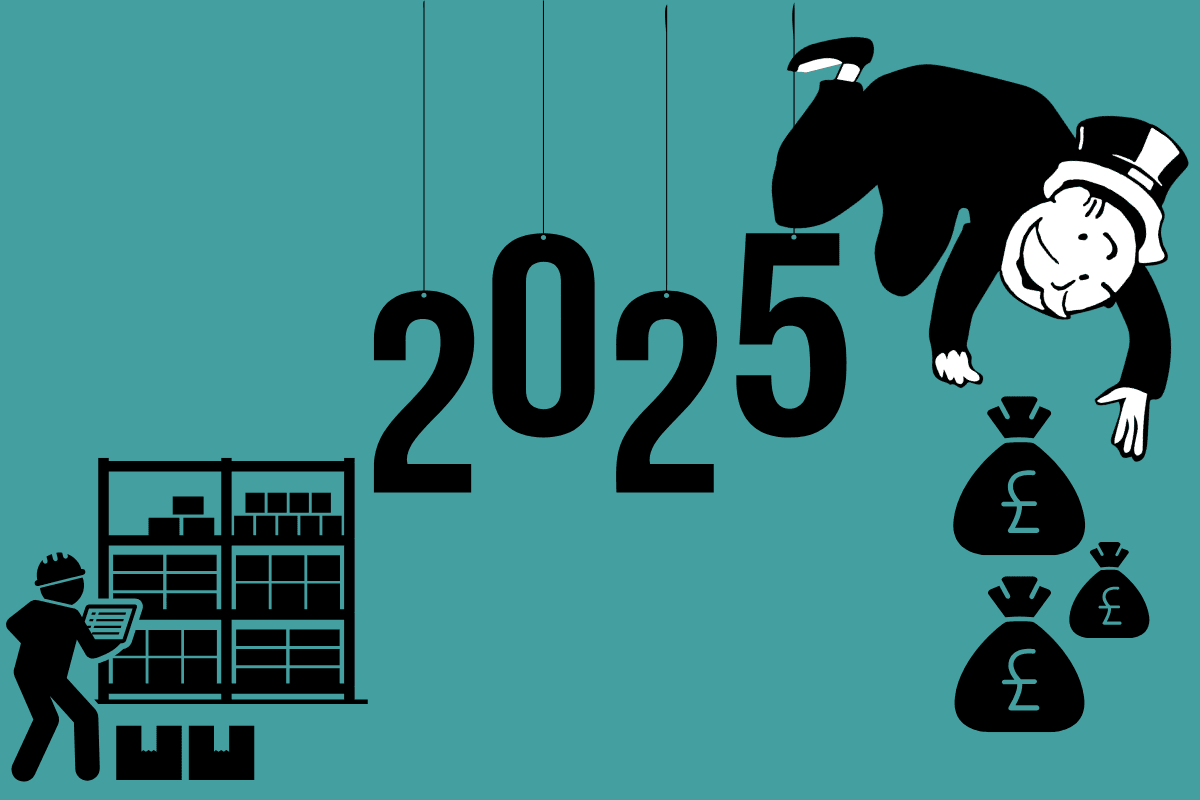Today, on Monday 6 January, millions of workers were waving goodbye to their Christmas break and turning to face the prospect of a cold, bleak, and gloomy January.
The same cannot be said, however, for FTSE 100 CEOs. By midday today, these lucky ladies and gentlemen had already raked in the equivalent of an average full time worker’s entire annual salary!
 The average pay for FTSE 100 CEOs is £4.22 million; a historic, all-time high. The average full time British worker, by comparison, earns £37,430 a year – 113 times less.
The average pay for FTSE 100 CEOs is £4.22 million; a historic, all-time high. The average full time British worker, by comparison, earns £37,430 a year – 113 times less.
To put it another way, the national minimum wage is £11.44 per hour. For the humble FTSE 100 CEO, average pay is £22 a minute!
This is not to mention all the other perks and privileges CEOs are afforded. Company cars, chauffeured travel, club memberships, stocks and more will all continue to be hidden behind the backs of workers.
These grotesque facts put paid to the idea of ‘an honest day’s pay for an honest day’s work’ under capitalism.
To add insult to injury, British workers continue to be squeezed from all sides, stretching these measly earnings thinner and thinner each year.
This month the energy price cap was raised again by Ofgem, meaning the average household will now pay £1,738 per year – 50 percent higher than pre-covid levels.
As a result of these relentless year-on-year price rises, the total debt owed to energy companies has increased to £3.8 billion. The average arrears per household are £1,500 for electricity and £1,300 for gas.
All the while, public services continue to crumble.
The NHS is once again overseeing its now-annual winter crisis, with a triple whammy surge of flu, covid and norovirus cases pushing decaying hospitals to breaking point.
As a special treat for those still well enough to be out and about – or just unable to risk missing a shift – the £2 bus fare cap in England has increased to £3 this January.
Annual railcards are likewise set to increase from £30 to £35 by March. And regulated rail fares in England, already eye-watering, are also due to rise by 4.6 percent this year.
Today, businesses promised yet more annual price increases to take effect in the coming months.
Meanwhile, Starmer’s new ‘great reset’ policies – designed to create the illusion of progress being made by his struggling government – barely scratch the surface of the crisis bearing down on British workers. They amount to rearranging the deckchairs on the Titanic.
What is clear is that 2025 will certainly be a happier new year for some than others.
 Yet, like the philosopher Spinoza, we should not seek to laugh or to weep at this dire state of affairs, but to understand.
Yet, like the philosopher Spinoza, we should not seek to laugh or to weep at this dire state of affairs, but to understand.
With no one else stepping up to show a way out of this misery – never mind explaining how we got here – the task falls upon us to dedicate the coming twelve months to educating ourselves in revolutionary theory and organising in order to put this into practice.
Make it your new year’s resolution to fight to overthrow this parasitic system once and for all. Join the RCP!






